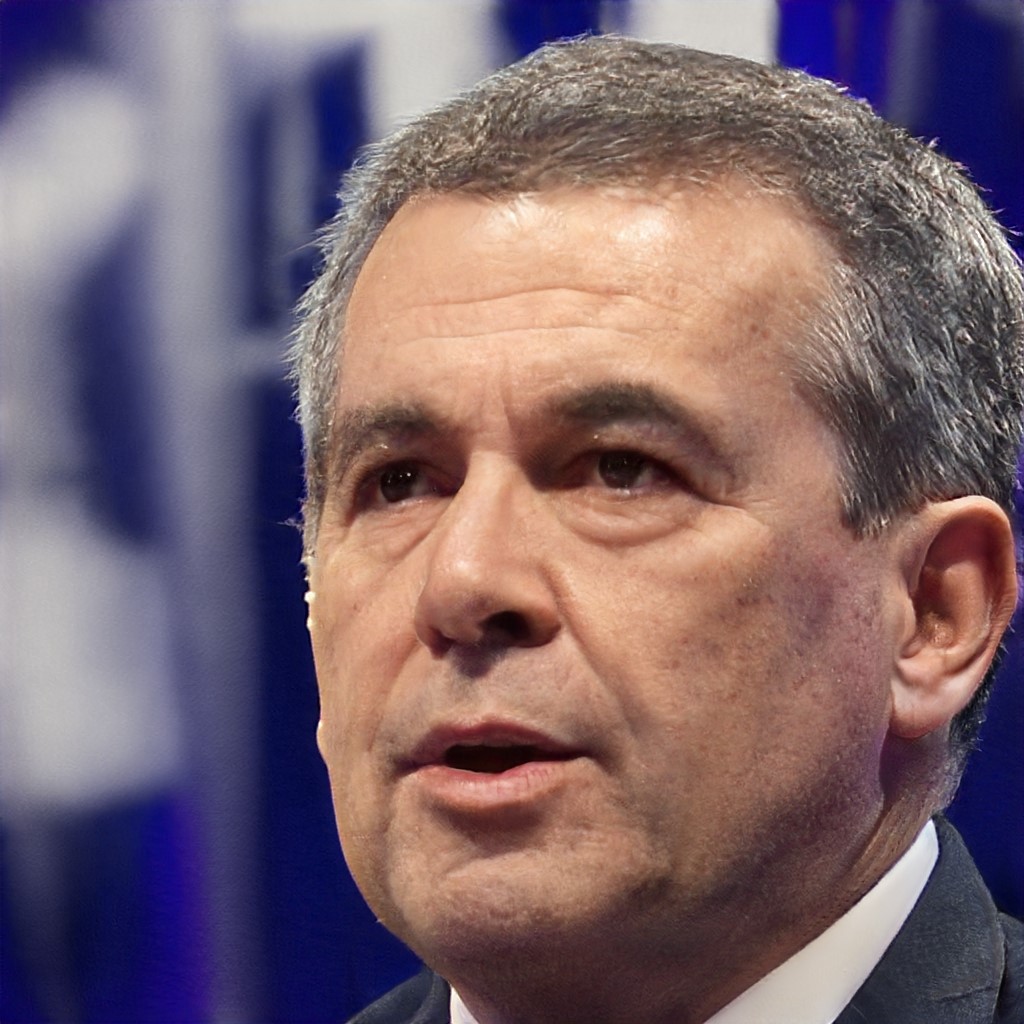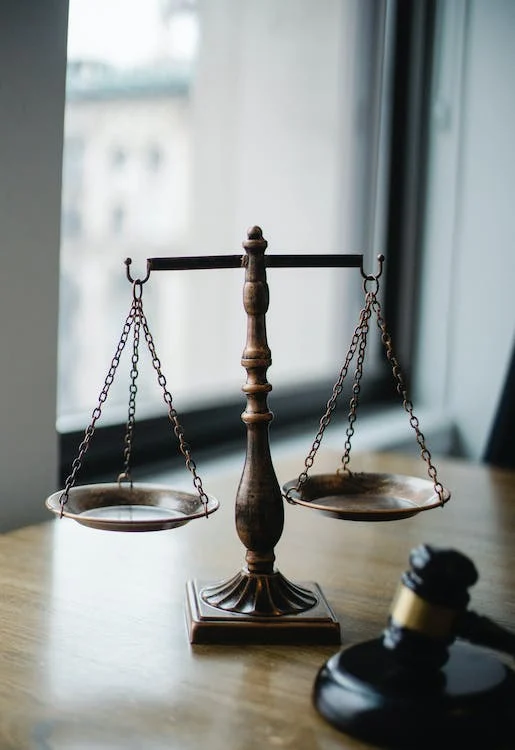Now Reading: From Confessionals to Courtrooms: The Evolving Battlefront of Clergy Sexual Abuse with Legal Advocates
-
01
From Confessionals to Courtrooms: The Evolving Battlefront of Clergy Sexual Abuse with Legal Advocates

From Confessionals to Courtrooms: The Evolving Battlefront of Clergy Sexual Abuse with Legal Advocates
Clergy sexual abuse has been a longstanding issue within religious institutions, causing immense suffering for victims and challenging the moral and legal foundations of faith communities. Over the years, the battle against clergy sexual abuse has evolved significantly, with legal advocates playing a crucial role in seeking justice for survivors. This article explores the changing landscape of clergy sexual abuse cases, from confessionals to courtrooms, shedding light on the pivotal role that legal advocates have played in this ongoing struggle.
Historical Roots of Clergy Sexual Abuse
Clergy sexual abuse is not a new phenomenon. Its roots can be traced back centuries, hidden within the confines of religious institutions. While it was often kept secret and hushed up, cases of abuse have left a long trail of suffering in their wake. The historical context of clergy sexual abuse is essential to understanding how legal advocacy has evolved in response to these heinous acts.
Historical Silence and Secrecy
For centuries, many religious organizations maintained a code of silence when it came to allegations of clergy sexual abuse. Victims were often discouraged from coming forward, fearing that such accusations would tarnish the reputation of the church or religious leaders. In some cases, victims who did come forward were ostracized or ignored, compounding their trauma.
Legal Advocates: Breaking the Silence
The turning point in the battle against clergy sexual abuse came with the emergence of legal advocates who championed the rights of survivors. These advocates played a pivotal role in breaking the silence that had shrouded these cases for so long. They empowered survivors to seek justice through legal channels.
Legal Battles and Landmark Cases
As legal advocates began to take a stand against clergy sexual abuse, a series of landmark cases emerged. These cases set important precedents for how the legal system should handle allegations against clergy members. They also revealed the deep-seated challenges faced by survivors in their pursuit of justice.
The Spotlight on Scandals
One of the most significant turning points in the battle against clergy sexual abuse was the exposure of widespread scandals within the Catholic Church. The Boston Globe’s investigative reporting in 2002, depicted in the movie “Spotlight,” brought to light numerous cases of abuse and cover-ups. This revelation prompted legal advocates to take swift action.
Statute of Limitations Reform
Legal advocates have been instrumental in advocating for changes to statutes of limitations in various jurisdictions. Historically, these limitations prevented survivors from pursuing legal action against their abusers if too much time had passed since the abuse occurred. Advocates argued that these limitations protected perpetrators and hindered justice. As a result, many states have reformed their statutes of limitations, allowing survivors to file lawsuits even decades after the abuse.
Legal Challenges and Victories
While legal advocates have achieved significant victories in the battle against clergy sexual abuse, they have also faced formidable challenges along the way. These challenges stem from the unique dynamics of cases involving religious institutions.
Ecclesiastical Immunity
One major hurdle legal advocates have faced is the concept of ecclesiastical immunity. This doctrine holds that religious institutions are exempt from certain legal actions due to the separation of church and state. Legal advocates have had to navigate these complex legal waters to hold religious organizations accountable for the actions of their clergy members.
Settlements and Compensation
In many cases, religious institutions have sought to settle allegations of clergy sexual abuse outside of court. While this approach may provide some compensation to survivors, it has also been criticized for allowing the institution to avoid public scrutiny and accountability. Legal advocates have been at the forefront of negotiations to ensure fair and just compensation for survivors.
The Role of Advocacy Organizations
Legal advocates often work in conjunction with advocacy organizations dedicated to supporting survivors of clergy sexual abuse. These organizations play a crucial role in providing resources, counseling, and a platform for survivors to share their stories.
Support and Healing
Advocacy organizations offer a safe space for survivors to connect with others who have experienced similar traumas. They provide access to mental health services, support groups, and legal assistance. These organizations empower survivors to reclaim their lives and seek justice.
Raising Awareness
Advocacy organizations also play a pivotal role in raising public awareness about clergy sexual abuse. They organize events, engage with the media, and lobby for legislative reforms. Through their efforts, they shine a light on this issue and advocate for systemic change.
The Ongoing Battle and the Road Ahead
While significant progress has been made in the battle against clergy sexual abuse, the road ahead remains challenging. Legal advocates continue to fight for justice on behalf of survivors, and there is much work to be done to prevent future cases.
Accountability and Prevention
One of the primary goals for legal advocates is to hold both individual abusers and the institutions that protect them accountable. This includes pursuing criminal charges when appropriate and ensuring that religious organizations implement safeguards to prevent future abuse.
Legislative Reforms
Legal advocates are also pushing for legislative reforms to strengthen child protection laws and improve reporting mechanisms for clergy sexual abuse. These reforms aim to make it easier for survivors to come forward and seek justice.
Conclusion
The battle against clergy sexual abuse has evolved significantly, with clergy
sexual abuse lawyer has a central role in breaking the silence and seeking justice for survivors. From historical secrecy to landmark cases, legal challenges, and the ongoing fight for accountability and prevention, the journey has been arduous. However, legal advocates and advocacy organizations remain committed to ensuring that survivors are heard and that perpetrators are held accountable. The battle continues, with the hope that future generations will not have to endure the same suffering.

With a law degree under his belt, Mark Scott understood very early that law communication was a relatively neglected area. He decided to help people by “translating” the language and offering information and advice in a clear, helpful, and actionable manner. For this reason, instead of finding him in court, you will most likely find his name online, where he is very active and thriving as a legal columnist. His part of making the world a better place is to make the law a less convoluted maze. He aims to make it easier for people to understand when and how to seek legal counsel, how to proceed in a significant number of legal matters, and how to find the proper resources so they can stand up for their rights.










